
Did you know that as you read this, armies are training for the civil unrest expected from us when the U.S. dollar goes digital? If you haven’t seen it already Facebook/Mark Zuckerberg among others are designing the next phase of the internet.It appeared at first a be race with Zuck in the lead owning the biggest virtual reality company. After investments from Microsoft and Roblox when it arrives it will not be a single domain controlled by one company. The idea was coined by Neal Stephenson a sci-fi novelist in 1992. The setting of Stephenson’s book was a hyper-capitalist dystopian feel so no suprise there with the way our world has been going. JP Morgan has already set up the first bank in this virtual world. Bill Gates the huge tech giant/Covid specialist aka bio-terrorist had this to say about it: “We always overestimate the change that will occur in the next two years and underestimate the change that will occur in the next ten. Don’t be lulled into inaction”.
During the Plandemic the world saw a ramping up of our time online but that was just the beginning. We are about to enter another ramp this one will lead us into a virtual reality of meetings, concerts, shopping, and dating with your ‘Strawman Avatar’ that will take you across platforms. This avatar will be where your digital ID is contrived. This platform is not intended as mode for escapism though it might appear that way at first to get people in. It is meant to keep people at home or at work. I have seen indications that the Agenda2030 that has climate-hype and depopulation rolled into a pleasing looking world sustainabilty program is behind Metaverse as well

If you have not heard of your “Strawman” it is the representation of your ‘All upper caps’ name on any legal paper that is used to basically keep track of you while turning us into the dependents for the Corporation of America in which we reside. Maybe we will see the Metaverse mixed in with say Google Maps although I have not seen any sign of that yet there is still time. Just what we needed…a new digital world with a clean slate for policing and governing. The headline of the week: “How Facebook’s ‘metaverse’ became a political strategy in Washington”. In fact, the Facebook DC office is already in a full political push. 23 million jobs will use virtual reality by 2030. Welcome to the new slang for propaganda and this is the “nudge theory” in the realm of change management or behavioral economics.

If we look at things such as our cloud space’s projected growth for the next couple of years we find that the global cloud storage market size is projected to grow from USD 78.6 billion in 2022 to USD 187.3 billion by 2027. Metaverse’s expected revenue for 2024 is 800 billion dollars alone. Now we have the Pentagon accepting bids from Amazon, Microsoft, and Oracle for new cloud contracts. ‘Jedi Cloud’ to be exact. The Logo for Metaverse: If the infinity symbol and a game remote had a baby. How can I explain the metaphor I see there? We are infinity, the government likes to see us equipped with a game remote for easy change. This specific platform gives space for the rising transhumanism where Technocrats are derailing needed human adaption by replacing it with an upgradable model. Our identities will run on Blockchain. A developer from Consesys a company building blockchain infrastructure had this to say about it:
“At its most basic level, identity is a collection of claims about a person, place or thing. For people, this usually consists of first and last name, date of birth, nationality, and some form of a national identifier such as passport number, social security number, driving license, etc. These data points are issued by centralized entities (governments) and are stored in centralized databases (central government servers).”

Entrepreneurs without any democratic mandates obtained much through their platforms giving them unaccountable power. Our identities are profited off of and we receive no payment. No different than Identity theft just on a major scale. To hand over trust to the future of technocats is not wise but companies will have no choice if they want to thrive and stay relevant. I think society is confusing the term survival of the fittest by saying the desired outcome should be money and power. The impact of cell phones alone on our lives is tremendous. The internet has had both positive and negative impacts, the thing is many have not found a balance yet another wave of tech is coming. I will not go into it on this day but 5G will cause a higher increase in species extinction but instead of addressing or admitting to it 6G will be a thing. Cell phone signals can cause bees to make extra noise, which is a signal to leave the hive and birds use magnetic fields to fly leaving them vulnerable. Many scholars, great thinkers, and scientists are aware of the dangers to humans and animals when disconnected from nature.
Without that connection to nature, people lose interest in protecting it. Nature-deficit disorder describes the human costs of alienation from nature, among them: diminished use of the senses, attention difficulties, and higher rates of physical and emotional illnesses.
I have in the past and more to come in the future talked about the politics of Agenda 2030 and digital identification. During the beginning of the Fourth Industrial Revolution aka Great Reset, we heard Klauss Schwab say “Bring in ze virus” and boom Bill Gates is taxing robots and we are supposed to think the Metaverse will be any different? Silly Wabbits. I believe Elon Musk bought Twitter as a way for people to trust platforms during a crucial time in luring us into a digital economy. Everything, where media is concerned, is little “nudges” to steer us in the wanted direction.
Sustainability. Folks we ruined the planet or at least we are taking the rap and performing all of our business online is the best way to reduce our carbon imprints or so we are told. This will be the reason why virtual reality is necessary. while the rich own 5 jets. There will be benefits such as being closer to loved ones across the globe while even experiencing smells with them at the same time. The cost of that happening well exceed the benefits. ie; If a mailman loses his job is he going to be able to afford a virtual realty setup?
It is important to get a point of view besides your own from others otherwise you will be in an echo chamber especially when new to a subject. Below I have arranged a small assortment of comments from people educated in the way of futurism voicing their opinions on the future of sociology and technology.
Sam Gregory, director of WITNESS and digital human rights activist, responded, “My perspective comes from considering the internet and civic activism. We are at a turning point in terms of whether the internet enables a greater diversity of civic voices, organizing and perspectives, or whether it is largely a controlled and monitored surveillance machine. We are also swiftly moving toward a world of pervasive and persistent witnessing where everything is instantly watched and seen with ubiquitous cameras embedded in our environment and within our personal technologies, and where we are able to engage with these realities via telepresence, co-presence and vicarious virtual experience. This is a double-edged sword. The rise of telepresence robots will enable us to experience realities we could never otherwise physically experience. This remote experience has the potential to enable the best and the worst in our natures. On the one hand, we will increasingly have the ability to deliberately turn away from experiencing the unmitigated pain of the world’s suffering. We might do this for the best of reasons – to protect our capacity to keep feeling empathy closer to home and to exercise what is termed ‘empathy avoidance,’ a psychological defense mechanism that involves walling ourselves up from responding emotionally to the suffering of others. We may also enter the middle ground that Aldous Huxley captured in ‘Brave New World,’ where narcotizing multisensory experiences, ‘feelies,’ distract and amuse rather than engage people with the world. Here, by enabling people to experience multiple dimensions of others’ crises viscerally but not meaningfully, we perpetuate existing tendencies in activism to view other people’s suffering as a theatrum mundi played out for our vicarious tears shed in the safety of our physically walled-off and secure spaces. On the other hand, we will increasingly be presented with opportunities through these technologies to directly engage with and act upon issues that we care about. As we look at the future of organizing and the need to better support on-the-ground activism, this becomes critical to consider how to optimize. We also have a potential future where governments will thoroughly co-opt these shared virtual/physical spaces, turning virtual activism into a government-co-opted ‘Pokémon Go,’ a human-identity search engine, scouring virtual and physical spaces in search of dissidents. In a brighter future, virtual/physical co-presence has the exciting potential to be a massive amplifier of civic solidarity across geographical boundaries, defying the power of national governments to unjustly dictate to their citizens.”
Marc Rotenberg, director of a major digital civil rights organization, commented, “There is no question that the internet has transformed society. We live in a world today far more interconnected than in the past. And we have access almost instantaneously to a vast range of information and services. But the transformation has not been without cost. Concentrations of wealth have increased. Labor markets have been torn apart. Journalism is on the decline, and democratic institutions are under attack. And there is a growing willingness to sacrifice the free will of humanity for the algorithms of machine. I do not know if we will survive the next 50 years unless we are able to maintain control of our destinies.”
Micah Altman, a senior fellow at the Brookings Institution and head scientist in the program on information science at MIT Libraries, wrote, “The late historian Melvin Kranzberg insightfully observed, ‘Technology is neither good nor bad; nor is it neutral.’ In the last 50 years, the internet has been transformative and disruptive. In the next 50, information, communication and AI technology show every sign of being even more so. Whether historians of the future judge this to be good or bad will depend on whether we can make the societal choice to embed democratic values and human rights into the design and implementation of these systems.”
Ray Schroeder, associate vice chancellor for online learning at the University of Illinois, Springfield, wrote, “On the scale of the discovery of fire, the wheel and cultivation of crops, the interconnection of humans will be judged as a very important step toward becoming the beings of the universe that we are destined to be.”
Charlie Firestone, communications and society program executive director and vice president at the Aspen Institute, commented, “Fifty years from now is science fiction. There really is no telling with quantum computing, AI, blockchain, virtual reality, broadband (10G?), genetic engineering, robotics and other interesting developments affecting our lives and environments…. It’s just too far ahead to imagine whether we will be in a digital feudal system or highly democratic. But I do imagine that we could be on our way to re-speciation with genetics, robotics and AI combined to make us, in today’s image, superhuman. I understand that there are many ways that the technologies will lead to worse lives, particularly with the ability of entities to weaponize virtually any of the technologies and displace jobs. However, the advances in medicine extending lives, the ability to reduce consumption of energy, and the use of robotics and AI to solve our problems are evident. And we have to believe that our successors will opt for ways to improve and extend the human species rather than annihilate it or re-speciate.”
Garland McCoy, founder and chief development officer of the Technology Education Institute, wrote, “I hope in 50 years the internet will still be the Chinese fireworks and not become the British gunpowder.”
Daniel Riera, a professor of computer science at Universitat Oberta de Catalunya, commented, “Everything will be connected; automation will be everywhere; most of the jobs will be done by machines. Society will have fully changed to adapt to the new reality: Humans will need to realize the importance of sustainability and equality. In order to reach this point, technology, ethics, philosophy, laws and economics, among other fields, will have done a big joint effort. We have a very good opportunity. It will depend on us to take advantage of it. I hope and trust we will. Otherwise, we will disappear.”
Robert Bell, co-founder of Intelligent Community Forum, had a different view from Biggs, predicting, “We created something that became a monster and then learned to tame the monster.”
An associate professor of computer science at a U.S. university commented, “Humans have adapted poorly to life in a technological society. Think of obesity, time wasted on low-quality entertainments, addictions to a whole range of drugs and more. As the noise in the information stream increases, so does the difficulty for the average person to extract a cohesive life pattern and avoid the land mines of dangerous or unhealthy behaviors. Genetics, cultural change, social and legal structures do not change exponentially, but aggregate knowledge does. This mismatch is a crucial realization. As Reginald Bretnor noted in ‘Decisive Warfare,’ kill ratios for weapons not only increase, but so does their ability to be wielded by the individual. So it is with most things in a technologically advanced society. But have people cultivated the requisite wisdom to use what is available to better themselves? Looking at American society, I would generally conclude not.”


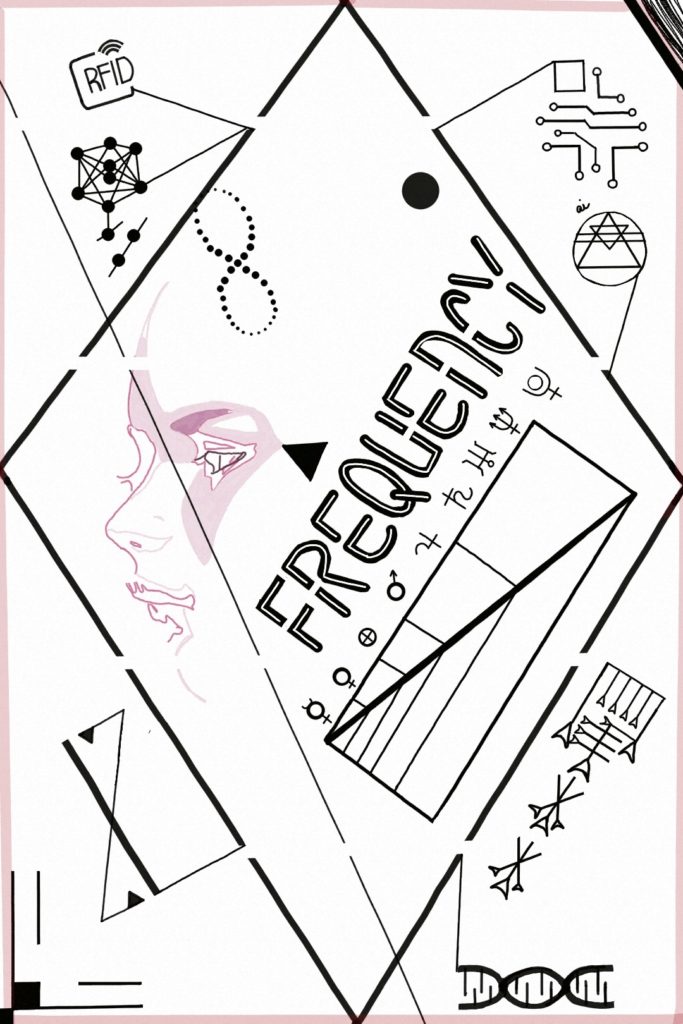
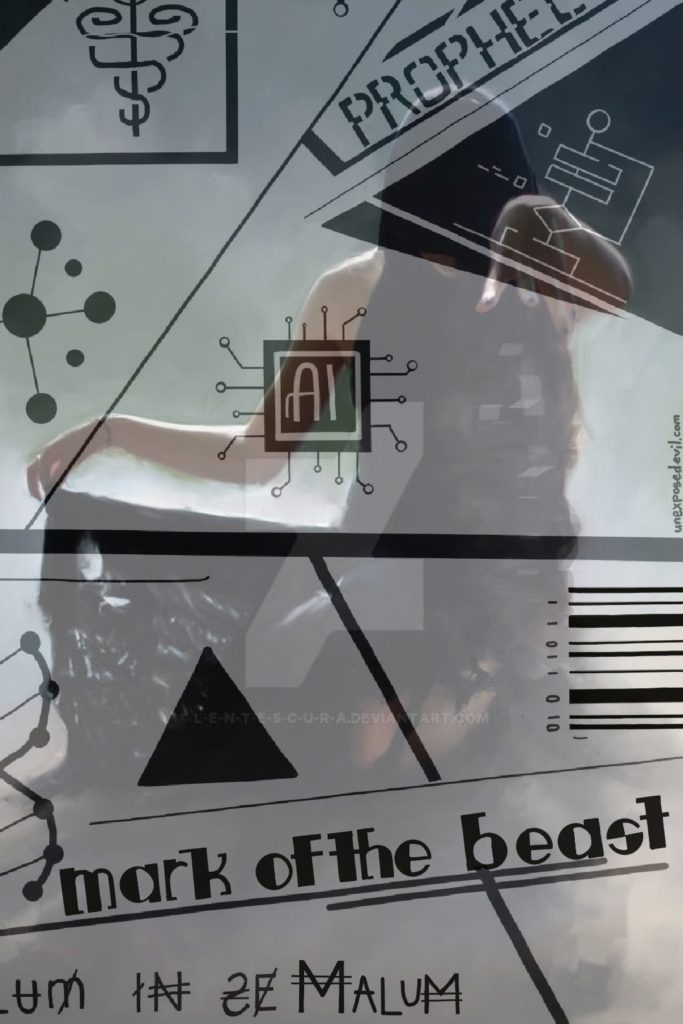






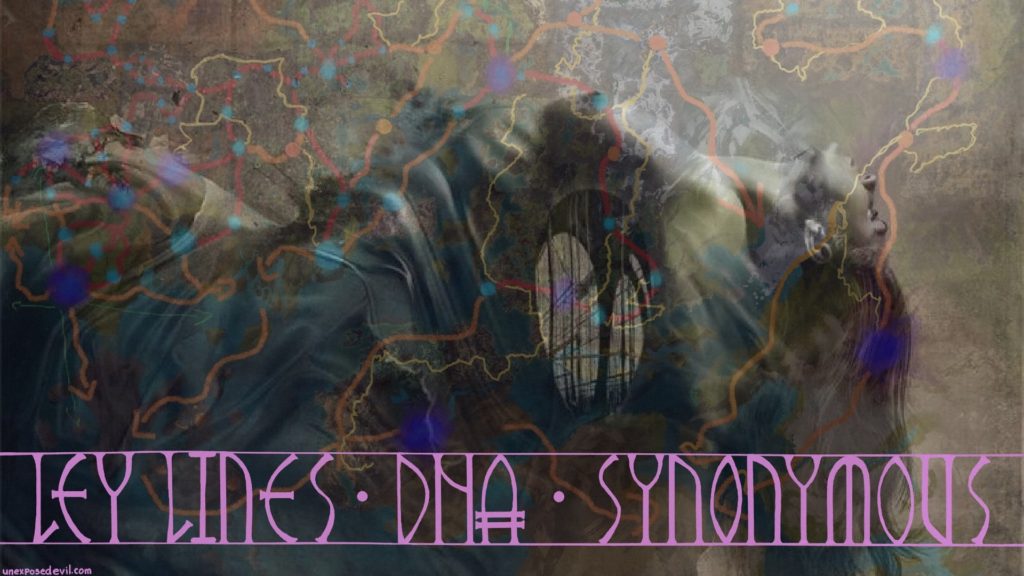

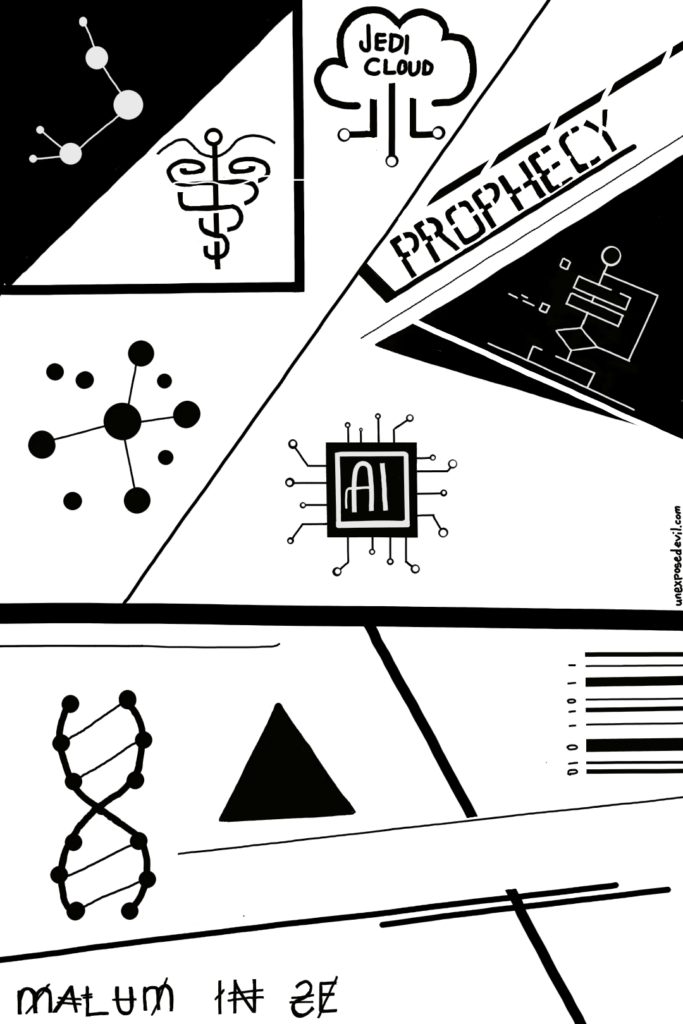
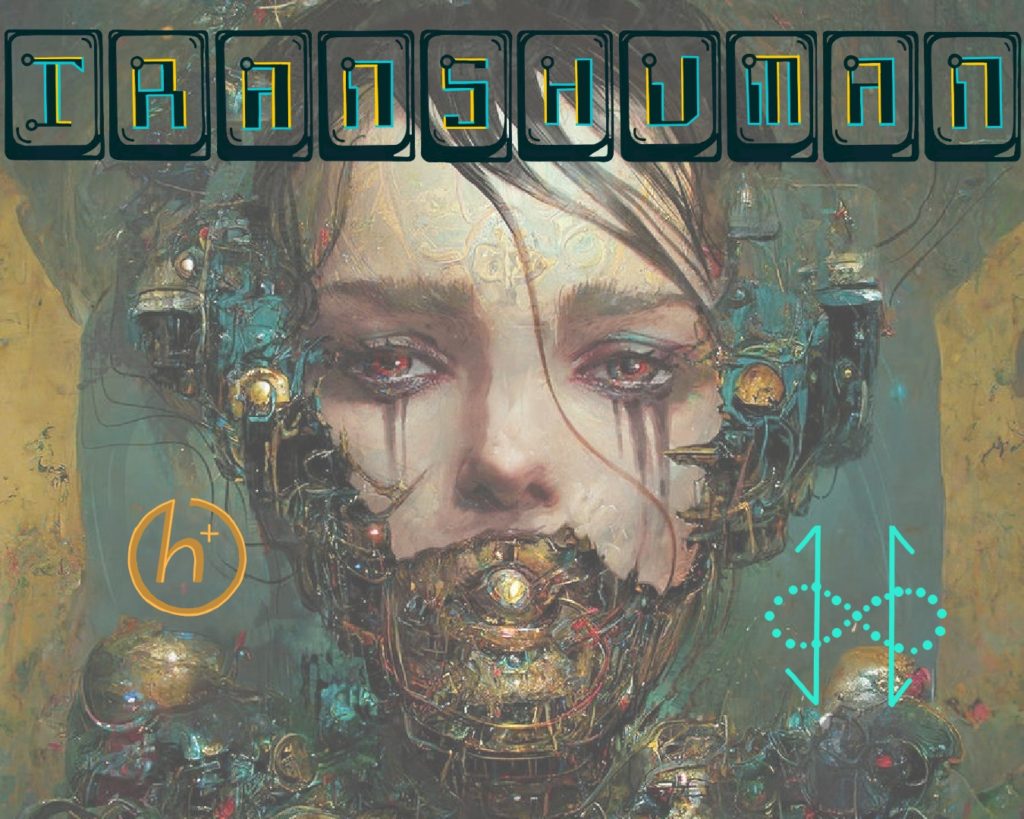


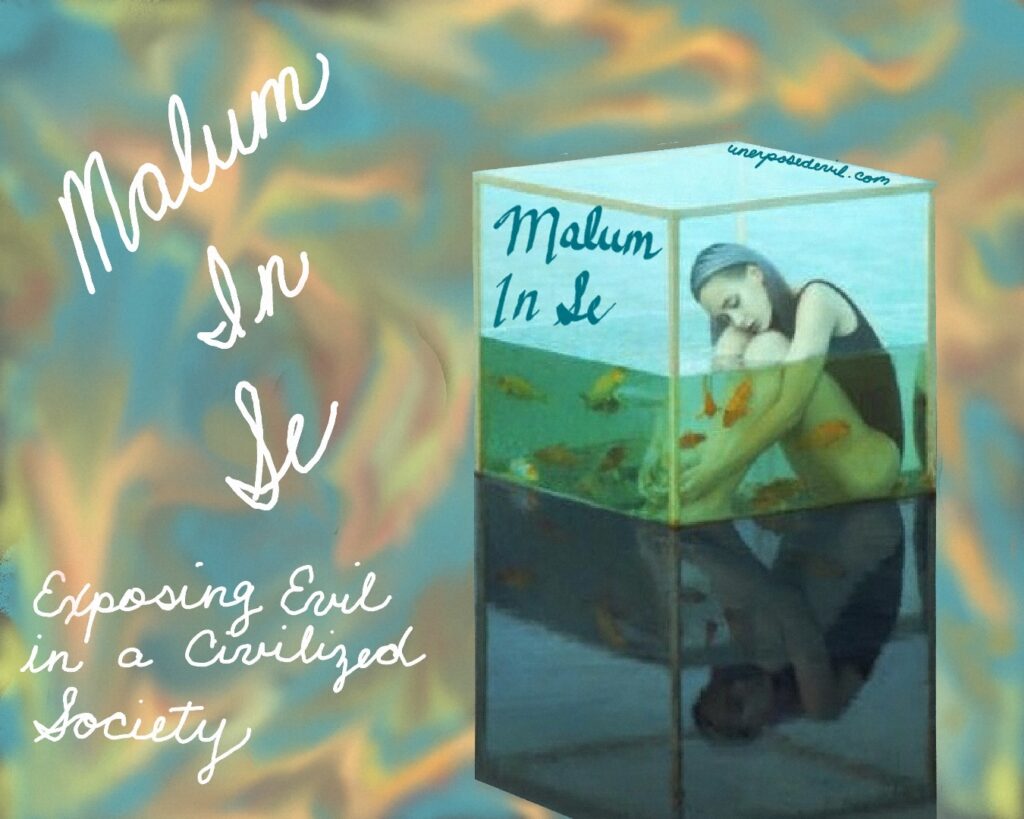
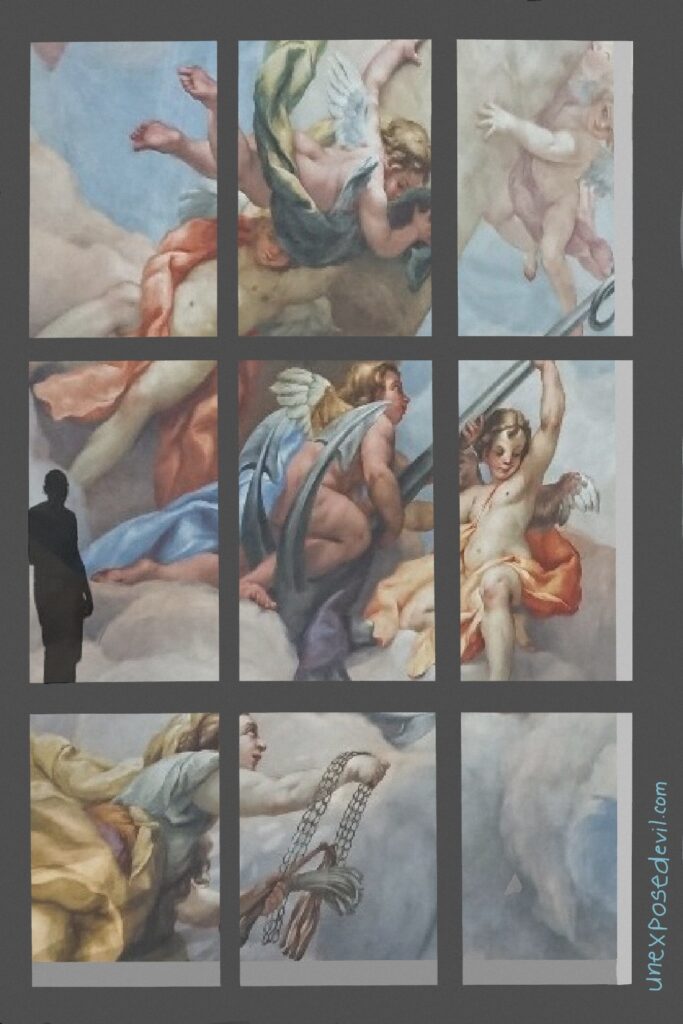

1 Pingback